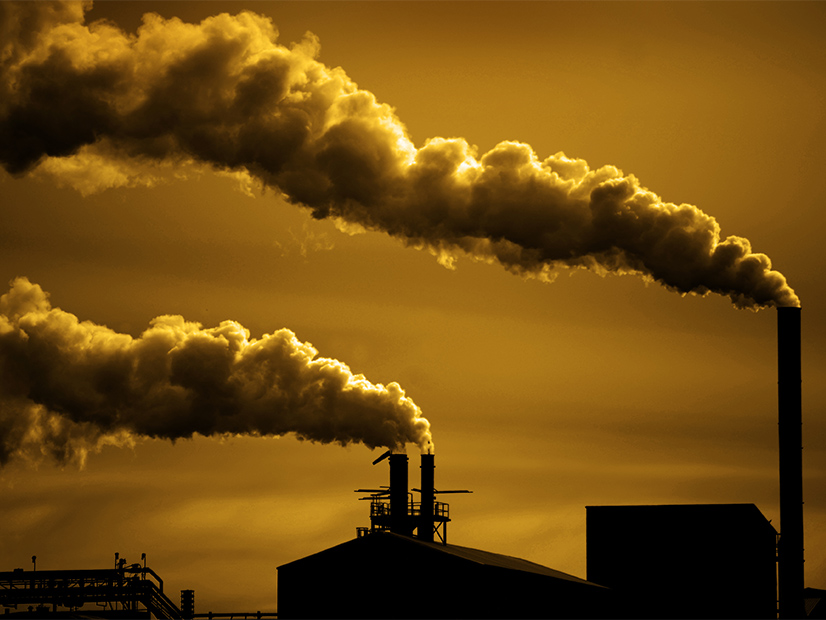
EPA has rejected an industry petition to exempt stationary combustion turbines from hazardous air pollutant regulations.
EPA announced its decision April 15 and said it was part of a continuing, comprehensive approach to limit climate- and health-harming pollution from these sources.
EPA said stationary combustion turbines typically are located at power plants, compressor stations, landfills and industrial facilities, and burn a variety of fuels ranging from natural gas to distillate oil to landfill gas.
EPA said its regulations under Section 112 of the Clean Air Act limit emissions of air toxics, also called hazardous air pollutants, including formaldehyde, toluene, benzene, acetaldehyde and metals such as cadmium, chromium, manganese, lead and nickel.
In August 2019, the petitioners had asked EPA to remove stationary combustion turbines from the list of sources subject to Section 112 because they create a cancer risk of less than one in 1 million and therefore meet the statutory threshold to be delisted.
EPA said it rejected the petition because it was incomplete and because the agency could not conclude there was adequate data to determine that delisting thresholds were met.
An EPA database last updated in October 2023 shows nearly 1,000 turbines at just over 500 facilities nationwide were subject to the regulations.
“Today’s action will ensure people who live, work and play near these facilities are protected from harmful air pollution,” EPA Administrator Michael S. Regan said in a news release. “EPA is committed to ensuring every community has clean air to breathe, especially those that have been overburdened and disproportionately impacted by poor air quality for too long.”
The petitioners were the American Fuel & Petrochemical Manufacturers, the American Petroleum Institute, the American Public Power Association, the Gas Turbine Association, the Interstate Natural Gas Association of America and the National Rural Electric Cooperative Association.
American Petroleum Institute spokesperson Scott Lauermann said in a prepared statement: “While we are disappointed with this decision, we will continue to work with the EPA to ensure any new or revised emissions standards for combustion turbines are cost effective and technically feasible.”
But Earthjustice and other environmental groups applauded EPA’s announcement.
“Today’s decision upholds critical environmental protections that are essential for safeguarding public health, particularly in communities that have historically borne the brunt of industrial pollution,” Earthjustice Director of Federal Clean Air Practice James Pew said. “EPA did the right thing by rejecting industry’s attempt to dodge these requirements and get a free pass to pollute.”
The Sierra Club said it had been pushing back against the exemption request for five years.
“The EPA’s denial of the petrochemical industry’s bid to ease regulations for these major sources of toxic air pollution is a victory for public health and the environment,” said Jane Williams, who chairs the organization’s National Clean Air Team. “The EPA’s commitment to upholding these standards reinforces the importance of robust regulatory frameworks prioritizing our planet’s health and its people over industrial convenience.”



